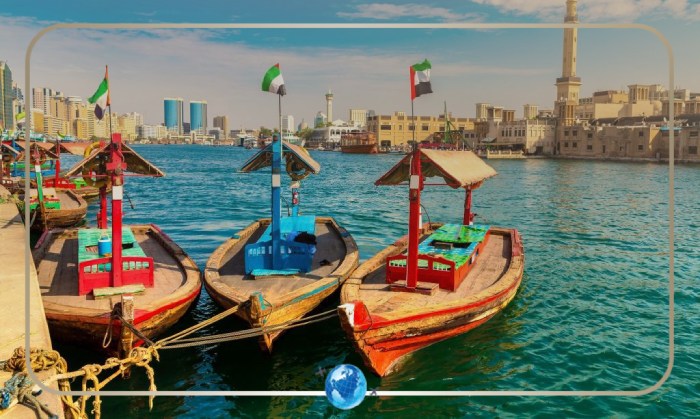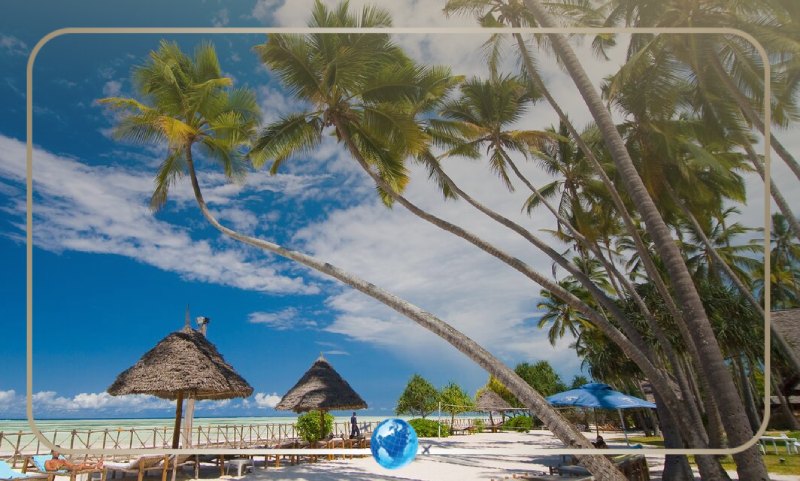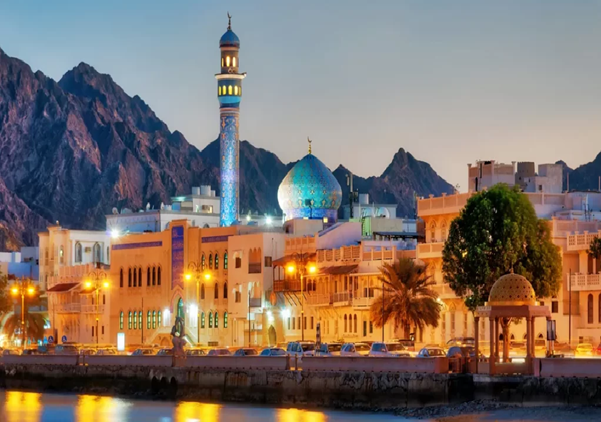Dubai is a city where the culture and traditions of the United Arab Emirates are closely intertwined with Islam. East Express; Despite its modernity and global reputation as a tourist hub, the city remains deeply rooted in Islamic traditions, which play a crucial role in daily life. However, as a cosmopolitan destination welcoming visitors from around the world, Dubai allows people of different faiths to practice their religions freely. Tourists can dress as they please, though modest attire is recommended in certain public areas. You should know when visit Dubai Alcohol is served in hotels and clubs but is strictly prohibited in public spaces; violating this rule can result in hefty fines, making it essential for visitors to adhere to local laws.
Emiratis are known for their warmth and hospitality, and unlike the perception some Iranians may have about Arabs, Emiratis are generally welcoming towards Iranian visitors. Throughout the year, tourists will encounter friendly smiles and generous hospitality from the locals. During Ramadan, while restaurants and hotels continue to serve food to tourists, eating and drinking in public is prohibited out of respect for the Muslim population.
Religious Freedom in Dubai
Visitors of different faiths are free to practice their religions in Dubai. The city is home to several churches and temples catering to various religious communities. However, as an Islamic city, Dubai upholds certain religious customs that should be respected by all residents and visitors.
Dubai as a Muslim City
Despite its rapid modernization, Dubai retains strong Islamic and Arab cultural elements. The call to prayer echoes across the city five times a day, and mosques are an integral part of the urban landscape. While Dubai is more relaxed in its rules compared to some neighboring countries, certain restrictions remain, such as the prohibition of consuming alcohol in public. These aspects make Dubai a preferred travel destination for many Arabs and Muslims.
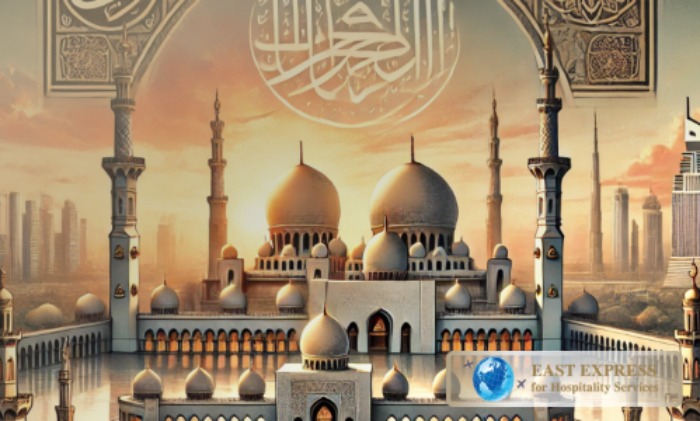
Dress Code in Dubai
Although there is no strict dress code for tourists, Emirati women traditionally wear long, dark-colored clothing, with many covering their faces with a niqab. During Ramadan, local sensitivity towards attire increases. While foreign visitors are not required to follow these customs, it is advisable to dress modestly out of respect for local traditions.
Public Holidays in Dubai
Two major public holidays stand out in Dubai: Eid al-Fitr, marking the end of Ramadan, and UAE National Day, celebrating the country's formation. Unlike Iran, where public holidays are numerous, Dubai has a limited number of official holidays. However, the city hosts numerous festivals and events throughout the year, drawing tourists from around the globe.
Women's Safety and Rights in Dubai
Female travelers in Dubai may notice that men sometimes stare out of curiosity, but these looks are generally harmless. To ensure the safety of women, Dubai enforces strict laws against harassment. Under the orders of Sheikh Mohammed, men caught harassing women are punished, and their photos are published in newspapers.
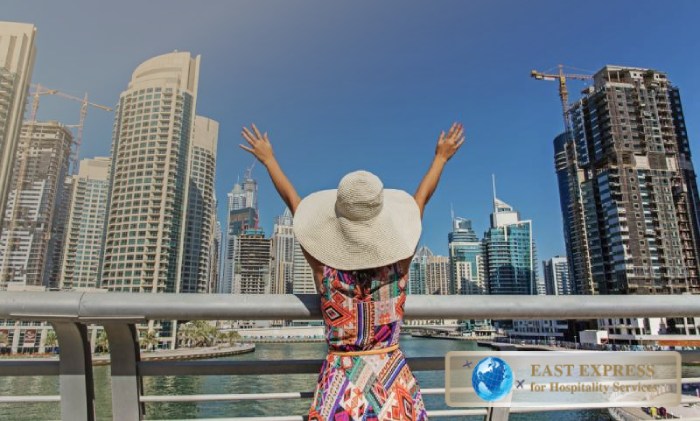
Traditional Emirati Clothing
Men in Dubai typically wear a dishdasha or kandura, a long white robe accompanied by a head covering known as a ghutra, secured with a black rope (agal). During special occasions, prominent figures may wear a bisht, a light black or brown cloak. Emirati women wear an abaya, a black cloak that covers their clothing, often made from silk or chiffon. Many older women wear a burqa, a leather mask covering the nose, eyebrows, and chin.
Family-Friendly Environment in Dubai
Dubai is often considered a paradise for families with children. The city offers numerous entertainment options for kids, ensuring a stress-free experience for parents. Winter is the best season to visit, as the weather is pleasant, and major shopping festivals take place. Parks and recreational areas are abundant, providing enjoyable spaces for families.
Wedding Traditions in Dubai
Emirati weddings are grand and extravagant affairs, often lasting up to two weeks. Celebrations are typically held in luxurious hotels, with separate gatherings for men and women. The UAE government provides financial assistance to newlyweds, offering long-term loans of up to 70,000 AED to support the cost of marriage.
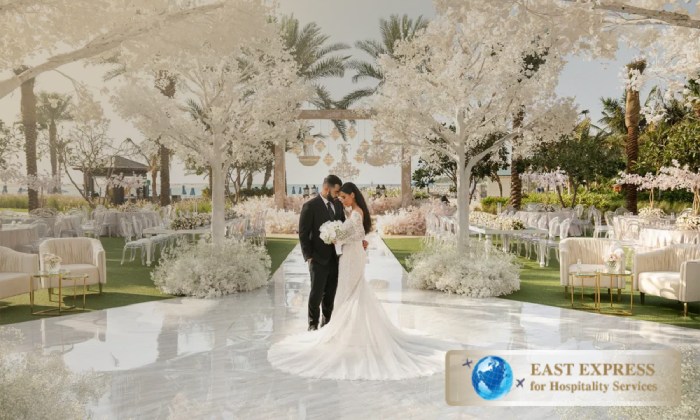
Crime and Safety in Dubai
Dubai is one of the safest cities in the world, with minimal crime rates. Visitors can move around freely without fear of theft or violence. However, tourists should still exercise caution by keeping their valuables secure. Since Iranian travelers cannot use credit cards internationally, it is advisable to carry only a small amount of cash and remain vigilant in crowded areas. As one of the most law-abiding cities, Dubai enforces strict regulations, ensuring a secure environment for residents and visitors alike.
Dubai’s culture and customs reflect a unique blend of Islamic values and modernity, making it an intriguing destination for travelers. By respecting local traditions and adhering to the laws, visitors can fully enjoy everything this dynamic city has to offer.
Conclusion
Dubai’s culture and customs are deeply rooted in Islamic traditions while embracing modernity and diversity. As a global tourist destination, the city balances its rich Arabian heritage with a welcoming atmosphere for visitors of all backgrounds. While respecting local customs, such as modest dressing and public behavior, travelers can enjoy Dubai’s vibrant lifestyle, luxury, and hospitality. Understanding these cultural nuances ensures a smooth and respectful visit, allowing tourists to fully experience the warmth and charm of this dynamic city.




